-44%
Trust in Psychotherapy: A Comprehensive Examination
Trust: The Foundation of Psychotherapy
Trusting in Psychotherapy by Jon G Allen PhD addresses a crucial subject that has been largely overlooked in the field of psychiatry: the significance of trust in the psychotherapeutic process. Despite the consensus among therapists, students, and patients that trust is paramount, its exploration in psychiatric literature has been severely neglected. This omission has undoubtedly hindered the therapeutic relationship.
Complexity and Importance of Trusting Bonds
Allen, drawing on five decades of expertise in both study and practice, emphasizes the intricacies and challenges of fostering trusting bonds in psychotherapy. He highlights the paramount importance of this endeavor, particularly for individuals who have endured developmental trauma within close relationships. The author challenges the tendency of therapists to solely address patients’ trust issues, asserting that trust cannot be grasped in isolation from trustworthiness. He urges therapists to prioritize becoming trustworthy figures in their patients’ lives.
Interdisciplinary Approach to Trust
Blending developmental science and ethical insights, Allen draws upon contemporary philosophical writings to elucidate the concepts of trust and trustworthiness. He delves into the essence of trust in psychotherapy, its multifaceted aspects, and the roles of secure and insecure attachment relationships, hope, and ethical-moral principles. These topics are examined with meticulous care and a keen understanding of their significance.
Insightful Exploration of Psychotherapy
Trusting in Psychotherapy offers a broad developmental perspective, recognizing the profound impact of attachment trauma on severe psychiatric disorders. It underscores the resulting distrust and social alienation that present significant barriers to therapeutic connections. The book provides an overview of current research and professional literature on developing expertise in conducting psychotherapy. It addresses the proliferation of new therapies and competing schools of thought, exploring their implications for therapists navigating the balance between science and practice, academics and clinicians.
Accessibility and Relevance
While primarily intended for psychotherapists, Trusting in Psychotherapy is presented in a conversational and nontechnical style that makes it accessible to non-mental health professionals. Patients seeking to gain a deeper understanding of the therapeutic process and their role in it will find this book invaluable. Families will also benefit from the insights it offers into the complexities of therapy.
Key Concepts and Practical Guidance
Each chapter concludes with a concise summary of key points, aiding readers in retaining the most essential concepts. Trusting in Psychotherapy convincingly argues for a shift from focusing solely on developing therapies to investing in the development of therapists. This perspective serves as a guiding principle for mental health research and thought leadership.


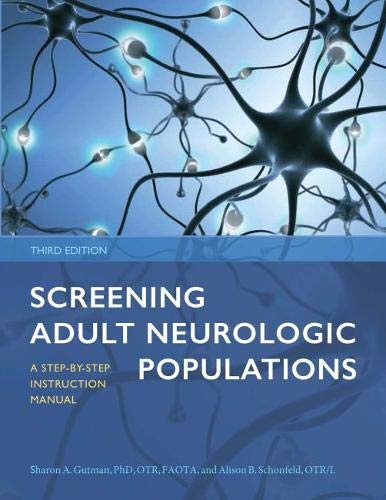

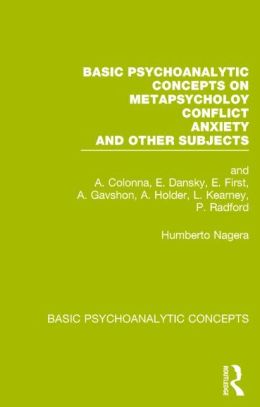
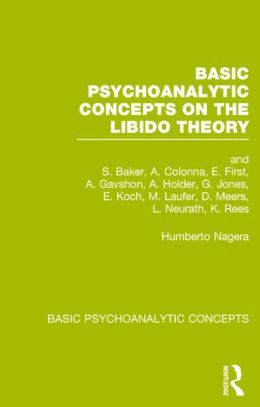
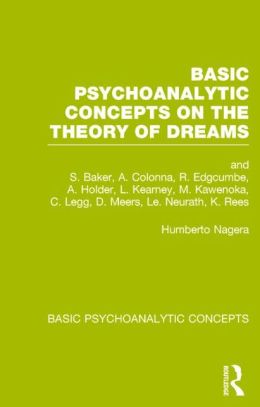
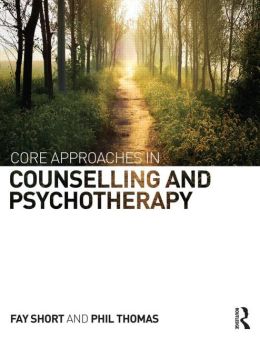

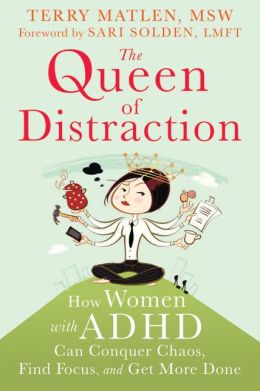
Reviews
Clear filtersThere are no reviews yet.